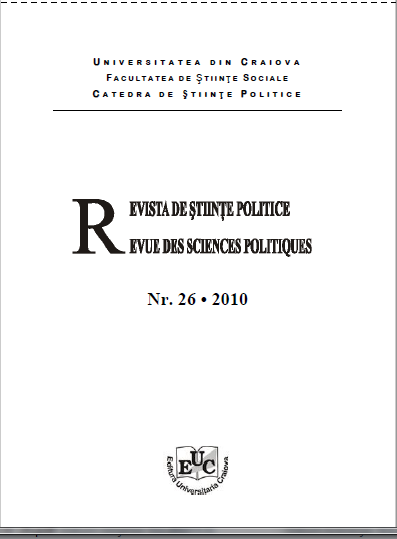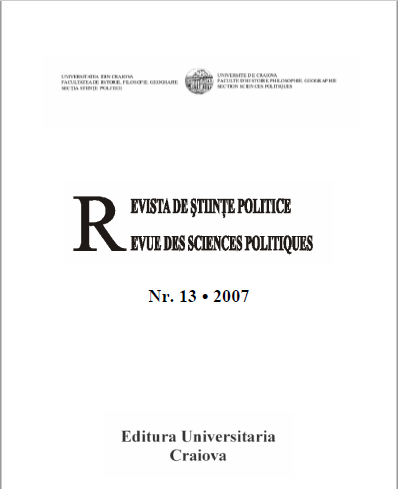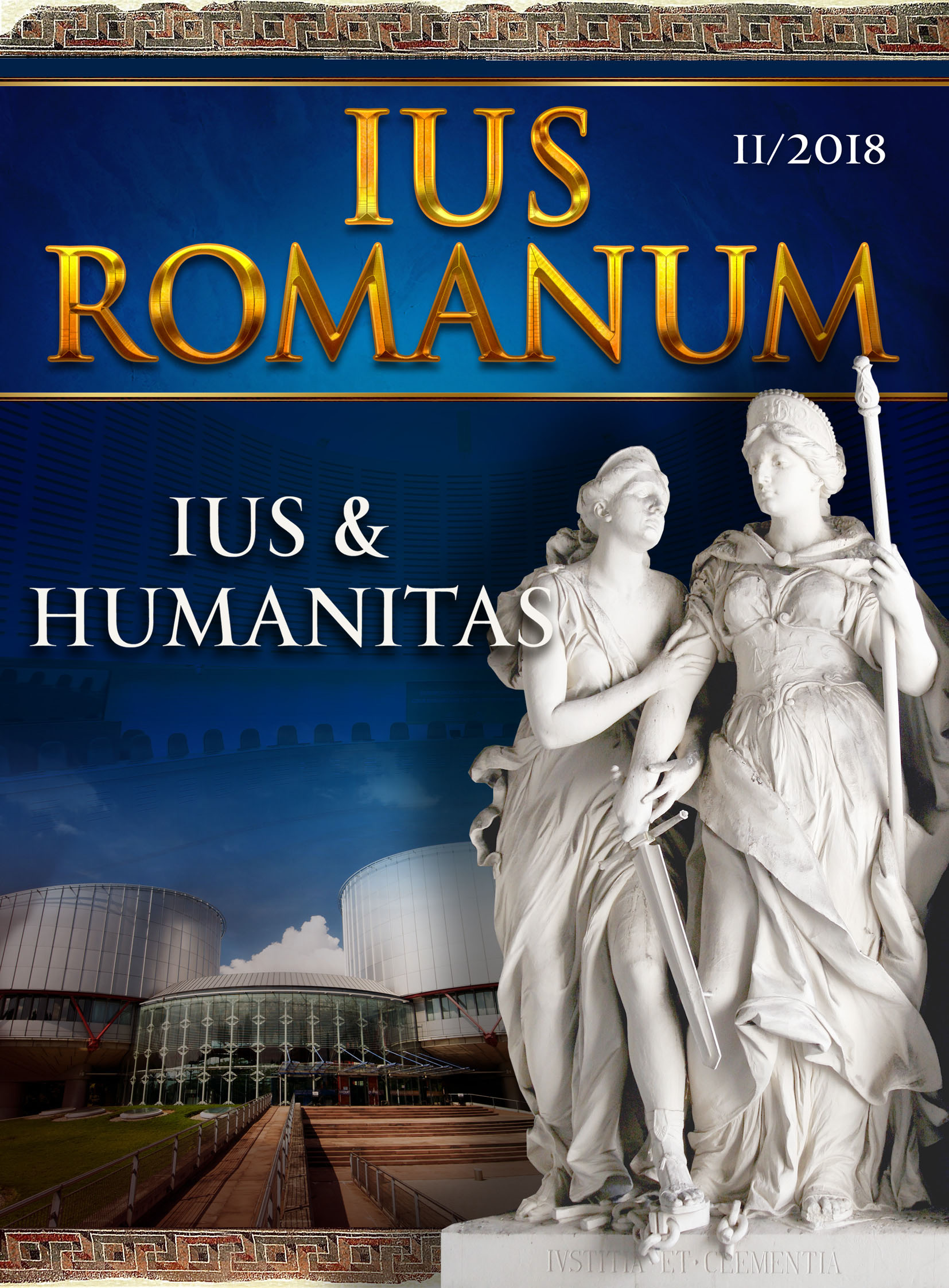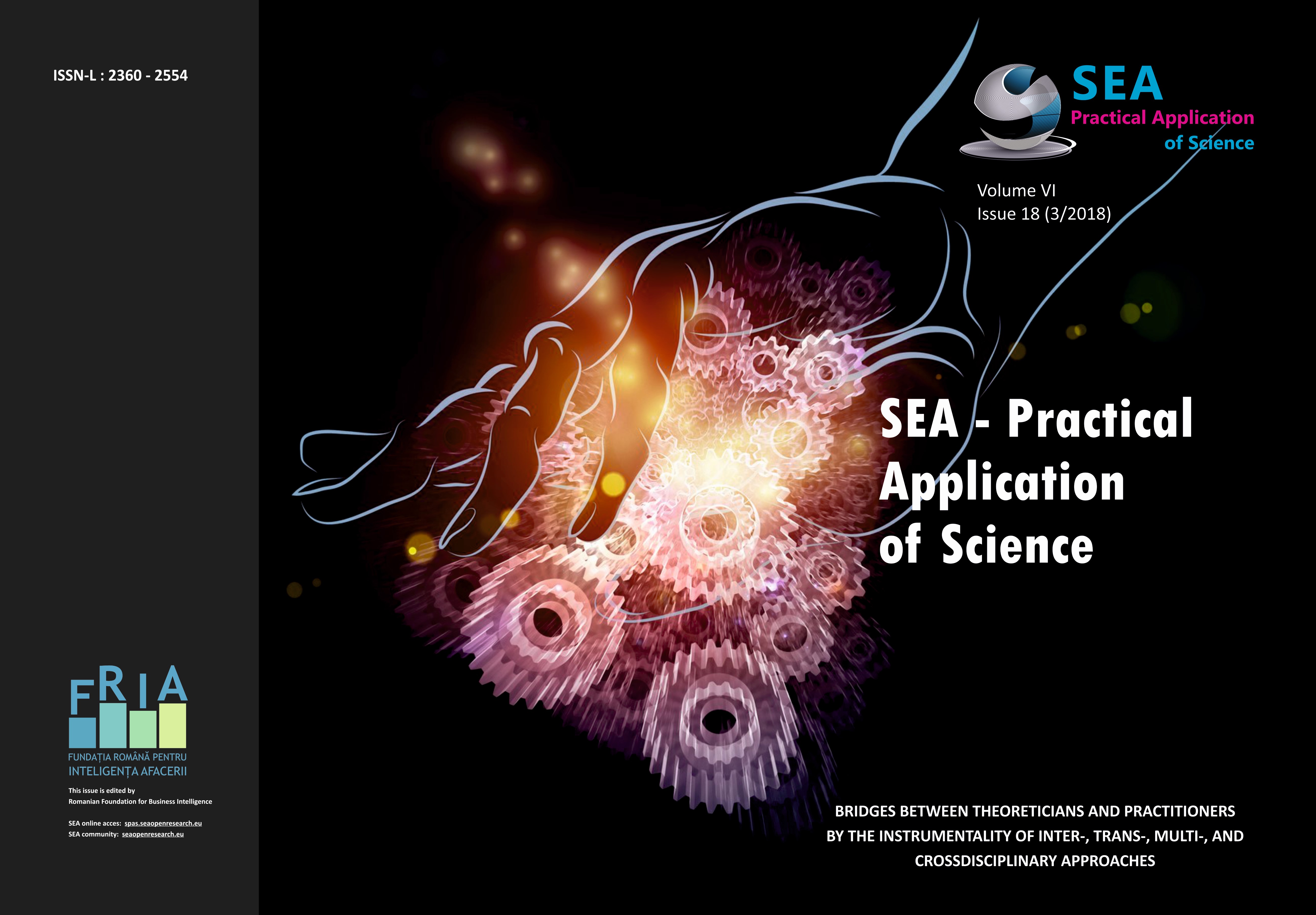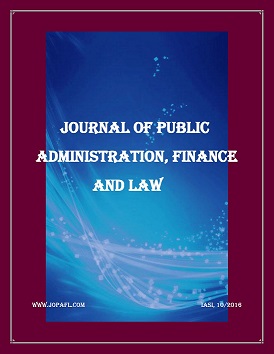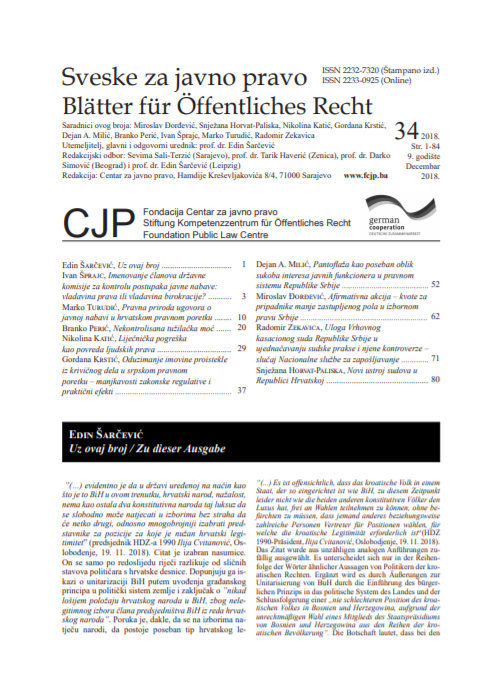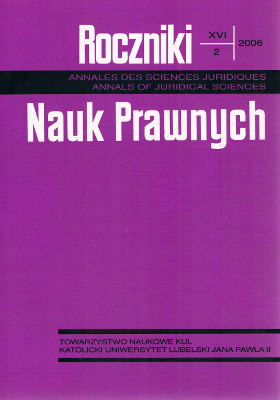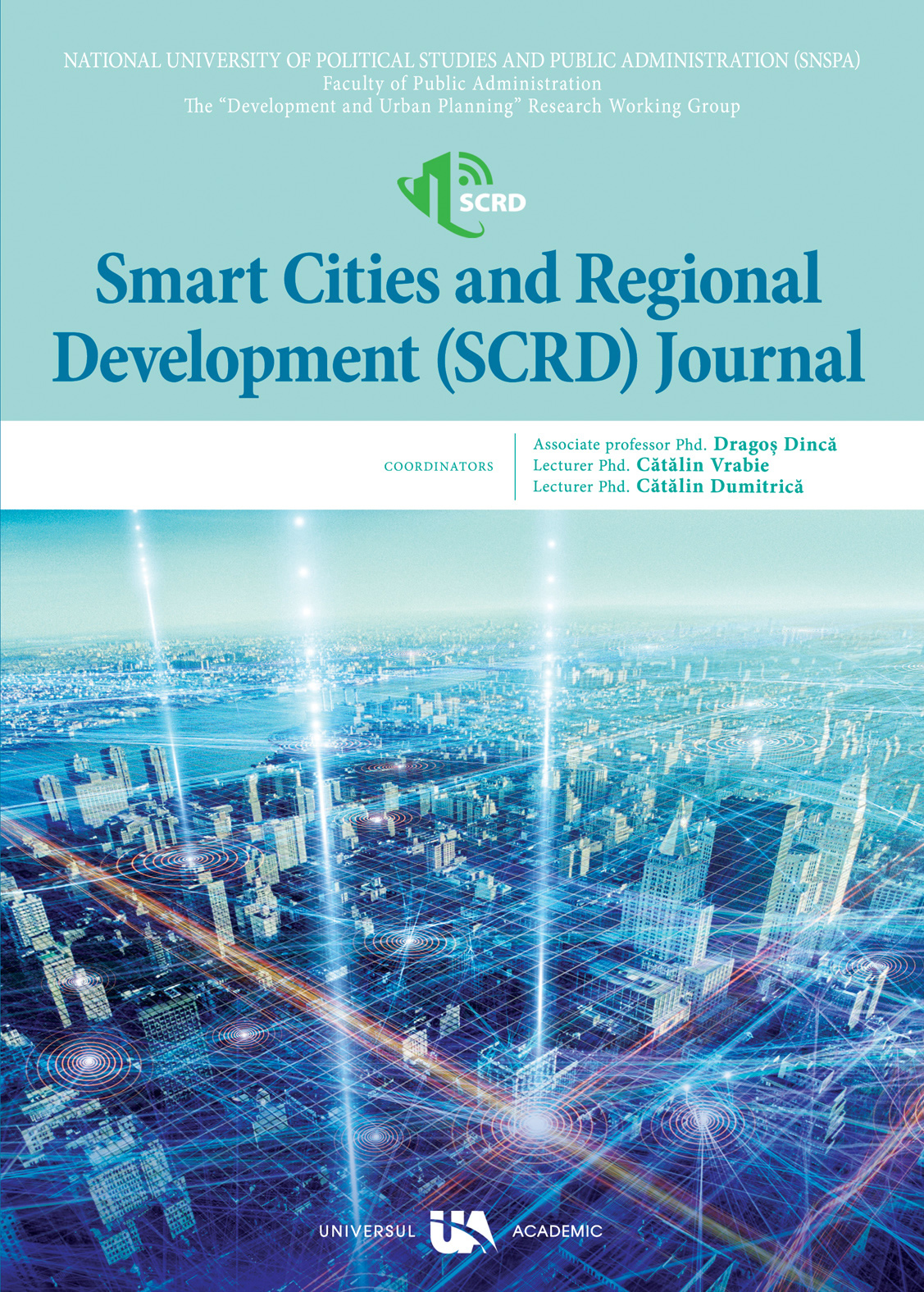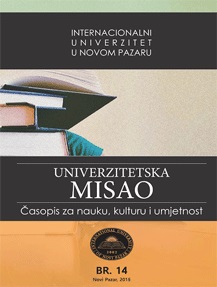Prolegomene la Dreptul European Al Drepturilor Omului
Understanding the concept of the European human rights (DEDO), especially when the doctrine has not fully defined the specific features, involves analyzing successive issues related to political and legal theories on: European Governance and Human Rights, right and individuals, European law, human rights, rules, principles and springs DEDO, scope and subjects of legal relations DEDO, science DEDO relations with other scientific disciplines, DEDO influence on other system of legal protection of human rights.
More...
